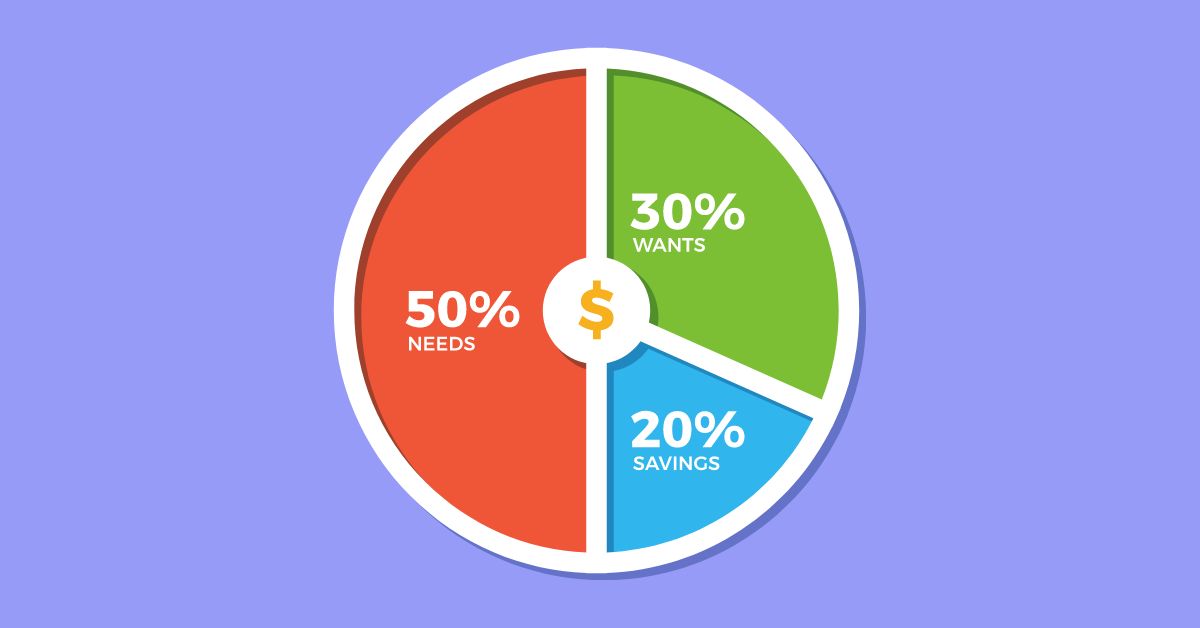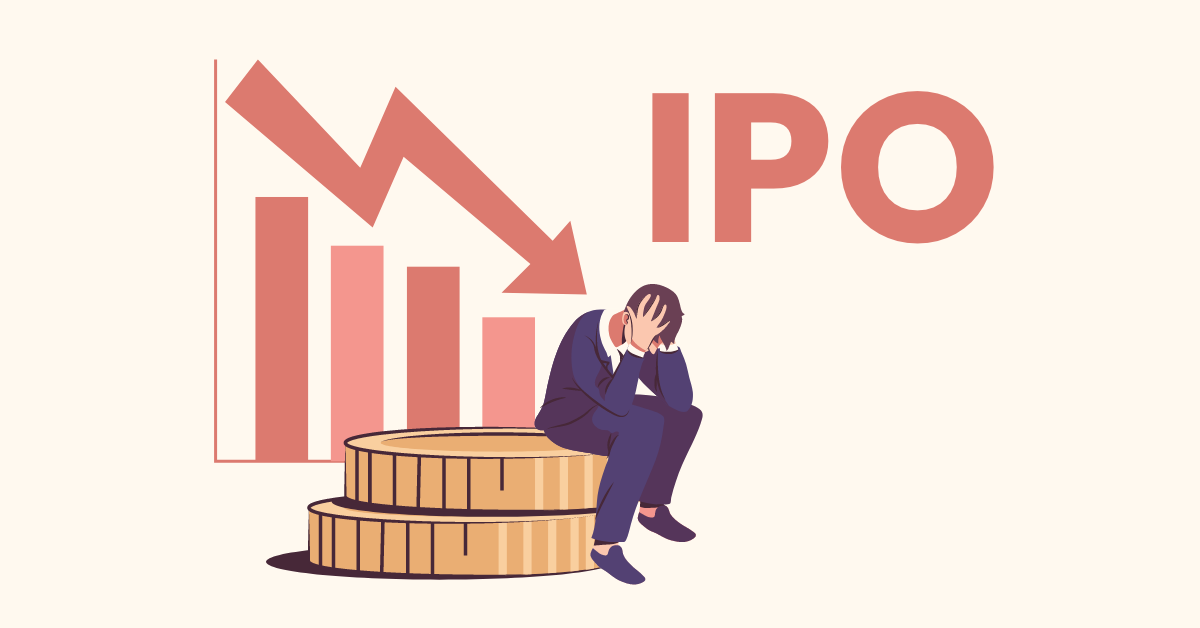Wealth creation through investment can either be based on fixed returns or associated with market performance. Investments with fixed returns have pre-determined interest rates and comparatively lower risk and return objectives. Fixed deposits or tenure deposits at the post office are fixed-income investments.
On the other hand, market-dependent investments can either be equity or non-equity investment. The returns on these investments are directly dependent on the market performance.
Equity investment involves investment in the stock market. The money is invested in shares and equity derivatives of companies listed on the stock market and those that are not listed.
Non-equity investments include government bonds and corporate bonds, treasury bills, repurchase agreements, commercial papers, certificates of deposits.
However, here we do a lowdown on equity investments.
Types of Equity Investments
There is a range of equity investments in India, each with risk and return prospects.
- Direct Equity Investments (Stocks)
Purchasing stocks give partial ownership of the company to the investor. The general company performance compared to that of its competitors determine a company’s stock price. As per the company’s market capitalisation, their stocks are categorised as large-cap(large capitalisation), mid-cap, or small-cap companies.
- Mutual Funds
These are pooled investment funds managed by investment professionals. In mutual funds, the risk is less than investments in individual shares as the corpus is diversified across listed market securities. Mutual funds are ideal for new investors as they offer options to invest through SIP in the stock market.
- WealthBaskets
These are curated investment portfolios managed by top SEBI registered financial experts in the country and available on most broking platforms. They consist of a combination of stocks and ETFs that are selected as per a theme, strategy, or market segment. WealthBaskets are constantly monitored and rebalanced as per changes in the market to stay true to their original idea and risk level.
- Derivative Market
The trading of futures and options happen over the derivative market instead of the cash market. It includes trading shares and indices at a particular price at a date in the future. A futures agreement is a legal obligation between both parties. An options contract is a legal agreement but not an obligation. The investor has the option to execute the contract at the pre-determined price and date. Trading in the derivative market gives the investor some security against market fluctuations. At the same time, F&O contracts can be used by the investor for capital appreciation by speculating the performance of the underlying equities and indices.
- Arbitrage trading
This is an investment strategy wherein the investor trades an asset in different markets simultaneously. The investor makes a profit through price differences across different markets. The difference in prices across markets may be small and exist for a short duration. However, large profits can be made if trading is done in large volume. It may be difficult for the average retail investor to make profits through arbitrage trading.
Risks Associated with Equity Investment
Risks are inherent to any investment. Now we discuss the various risks associated with equity investment.
- Market Risk
It is the chance of incurring losses on investments due to factors that influence the entire market across asset classes. Losses due to market risks are unpredictable and cannot be mitigated through diversification as all asset classes are affected. Equity price, interest rates, commodity prices, and even foreign exchange may be affected due to changes in market factors.
- Performance Risk
All types of equity investment depend on the performance of underlying stocks. Risk on investment may originate from the performance of individual stocks or even entire sectors. The ideal way of mitigating performance risk is to diversify your portfolio across sectors, themes, and market cap.
- Liquidity Risk
It is a type of financial risk wherein a certain asset class cannot be traded quickly enough in the market, which eventually impacts the price of the asset. Generally, in the stock market, low-volume investment is associated with liquidity risk.
- Other Risks
Factors such as social affairs and political or administrative changes in the country can impact businesses and thus affect share prices. Investors on foreign equities may also have to deal with the risk of fluctuation in exchange prices between currencies.
Who should invest in equities?
- Ready to take risk
This is perhaps the most important trait that one must have to earn profits through investment in equity shares. All other factors considered, there always remains an element of an inherent risk associated with equity investment due to stock market volatility. Suppose the individual has an aversion to risk. In that case, it is better suited for them to stay away from stock market investment.
- Ready to remain invested
It is very important to remain invested in the long run if you are looking to generate consistent returns through equity investments. This is due to stock market volatility in the short run.
-
Knowledge of the stock market
This is something you get only with experience. If you do not have a comprehensive understanding of the stock market, consultation with financial experts is advised. Investment funds and even risk-adjusted, bundled investment portfolios (like WealthBaskets) are ideal for retail investors.
Equity investment stands the chance of getting competent returns. To know how to invest in equities, firstly, you must have generic know-how of the various instruments with underlying asset allocations in equities. Know the risks, consult experts and give yourself a better chance of maximising your profit.
FAQs
Historically equity as an asset class has always been rising irrespective of all market fluctuations. To maximise investment from equity investment, you must remain invested in the long run.
The four major types of market risks include equity price risk, interest rate risk, commodity price risk, and foreign exchange risk. Banks are entitled to report and hold capital against market risk, capital risk, and operational risk.
The derivatives market is an effective way of managing investment risk without actually trading the underlying assets. Forward, futures, options, and swaps are the most common examples of the derivatives market. Investment in the derivative market involves risk. A retail investor without adequate experience is advised to consult a financial advisor before investing.
Investors who would like to earn returns higher than fixed-income investments like fixed deposits could be attracted to equity funds. However, you should also note that equity investments involve taking on risks.
Investors should consider a number of factors like P/E ratios, growth over the years, technical factors, and whether they can understand the business or not. Consider reading our guide on stock picking:
Stock Picking Tips for Long Term Profitability


















